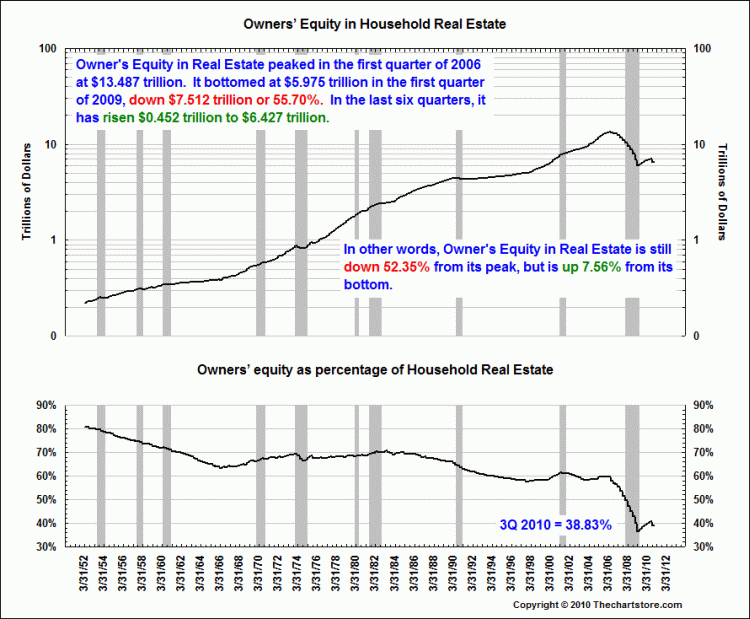China orders land hoarding freeze as prices rise
The country's land and resources ministry on Thursday published a list of 26 cases of land left undeveloped and the names of the property developers involved, with strict orders for authorities to punish the offenders.
Real estate developers who have left land vacant for one to two years should be fined, while property left undeveloped for more than two years should be returned to the government, the statement said.
Authorities intend to build 10 million units of social housing in 2011, after completing 3.7 of the intended 5.8 million in 2010. China doesn't fear a tulip bubble, they fear unrest. One assumes they have controls in place to keep these apartments out of the hands of speculators or they are wasting their time. Xie thinks they need 20 million units to satisfy demand






